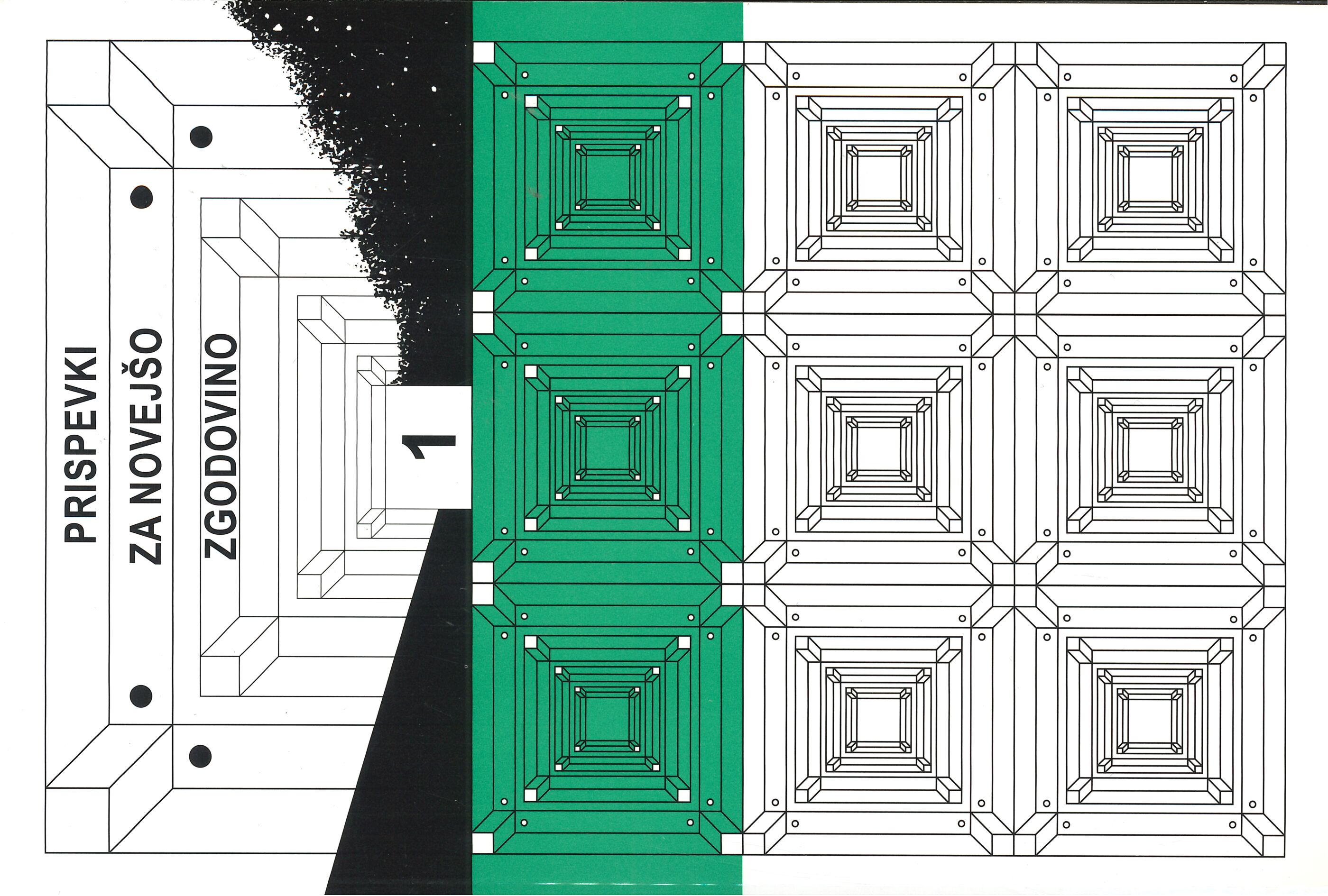The Slovenians from Primorska (Littoral) and the Functioning of the Local Fascist Local Administrations in the 1930s
Keywords:
Italy, Slovenia, Primorska (Slovenian Littoral), fascism, local administration, municipalities, democracyAbstract
The author focuses on the role of the Primorska Slovenians in the functioning of the municipal administrations in the period after 1928, when the fascist regime ultimately abolished the municipal self–management and thus also the mayoral and municipal council elections. Since then the so–called »Podestà« headed the Slovenian Littoral municipalities, whose number decreased considerably at that time. The Podestà were appointed by the provincial prefects and had to be confirmed by the Ministry of the Interior in Rome. The Podestà had advisory committees at their disposal, whose members were also appointed by the prefect. All leading functions at the municipal level at that time were held by Italians, who also had to be members of the Fascist Party. Only in a few extraordinary cases these officials were of Slovenian descent.
Downloads
Published
Issue
Section
License
Authors who publish with this journal agree to the following terms:
- Authors retain copyright and grant the journal right of first publication with the work simultaneously licensed under a Creative Commons Attribution License that allows others to share the work with an acknowledgement of the work's authorship and initial publication in this journal.
- Authors are able to enter into separate, additional contractual arrangements for the non-exclusive distribution of the journal's published version of the work (e.g., post it to an institutional repository or publish it in a book), with an acknowledgement of its initial publication in this journal.
- Authors are permitted and encouraged to post their work online (e.g., in institutional repositories or on their website) prior to and during the submission process, as it can lead to productive exchanges, as well as earlier and greater citation of published work (See The Effect of Open Access).


